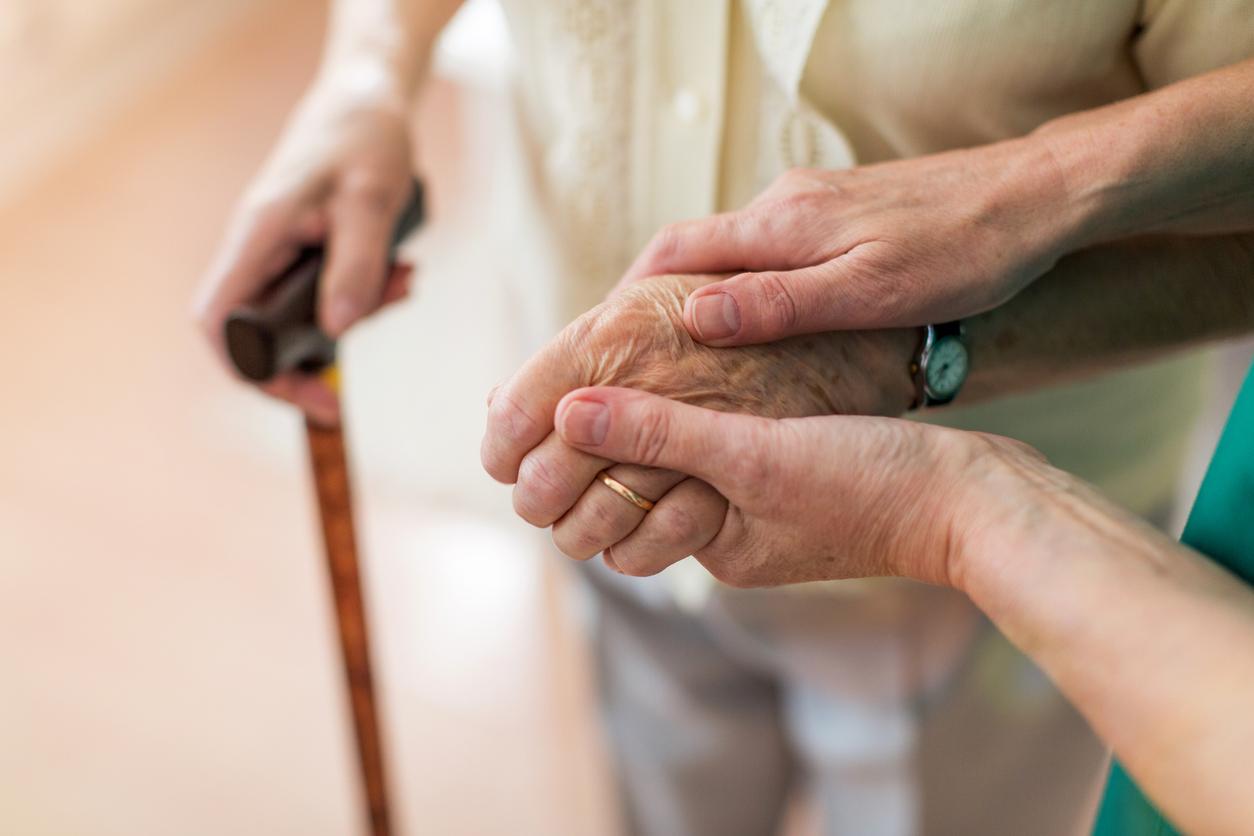Discriminatory experiences can exert influence at the molecular level, thereby accelerating the aging process.

- In one study, participants who reported more discrimination tended to have a faster rate of aging and a higher biological age.
- Everyday discrimination, subtle and minor instances of disrespect, and major discrimination, acute and intense instances of discrimination, were consistently associated with biological aging.
- Two health factors – smoking and body mass index – explained about half of the association between discrimination and aging.
“Discrimination is a social determinant of health and health disparities whose biological mechanisms remain poorly understood.” This was recently stated by researchers at New York University (United States). In a recent study, they examined the hypothesis that discrimination contributes to poor health outcomes by accelerating the biological processes of aging. As a reminder, biological aging is the progressive loss of integrity and resilience of our cells, tissues and organs that occurs as we age. “Biological aging results from the accumulation of molecular damage leading to changes at the cellular level or ‘characteristics’ that compromise function and impair health, leading to many chronic diseases.”
Accelerated biological aging in people who are victims of discrimination
As part of their work, published in the journal Brain Behavior & Immunity – Health, researchers analyzed three measures of DNA methylation, a marker that can be used to assess the biological impacts of stress and discrimination, from blood samples from 1,967 adults. Participants were also asked about their experience of three forms of discrimination: daily, major and in the workplace. Everyday discrimination refers to subtle, minor instances of disrespect in everyday life, while major discrimination focuses on acute, intense instances of discrimination (e.g., being physically threatened). Workplace discrimination includes unfair practices, reduced job opportunities, and sanctions based on identity.
The results showed that discrimination was linked to accelerated biological aging. Volunteers who reported greater discrimination aged biologically more quickly than those who experienced less discrimination. Everyday discrimination and major discrimination were consistently associated with biological aging, while exposure to workplace discrimination was also linked to accelerated aging, but its impact was less significant. “Discrimination in the workplace is just one facet of a person’s life.”
Differences in smoking and BMI explain about half of the link
Smoking and body mass index explain approximately half of the observed association between discrimination and biological aging. Thus, other stress responses to discrimination, such as increased cortisol and insufficient sleep, contribute to accelerated aging.
According to the authors, the link between discrimination and accelerated biological aging varies by ethnicity. Black participants reported greater discrimination and tended to exhibit higher biological age and more rapid biological aging. In contrast, white adults, who reported less discrimination, were more sensitive to the effects of discrimination when they experienced it, “perhaps due to less frequent exposure and fewer coping strategies. These findings highlight the importance of addressing all forms of discrimination to support healthy aging and promote equity in health matters”, concluded Adolfo Cuevaswho supervised the work.















